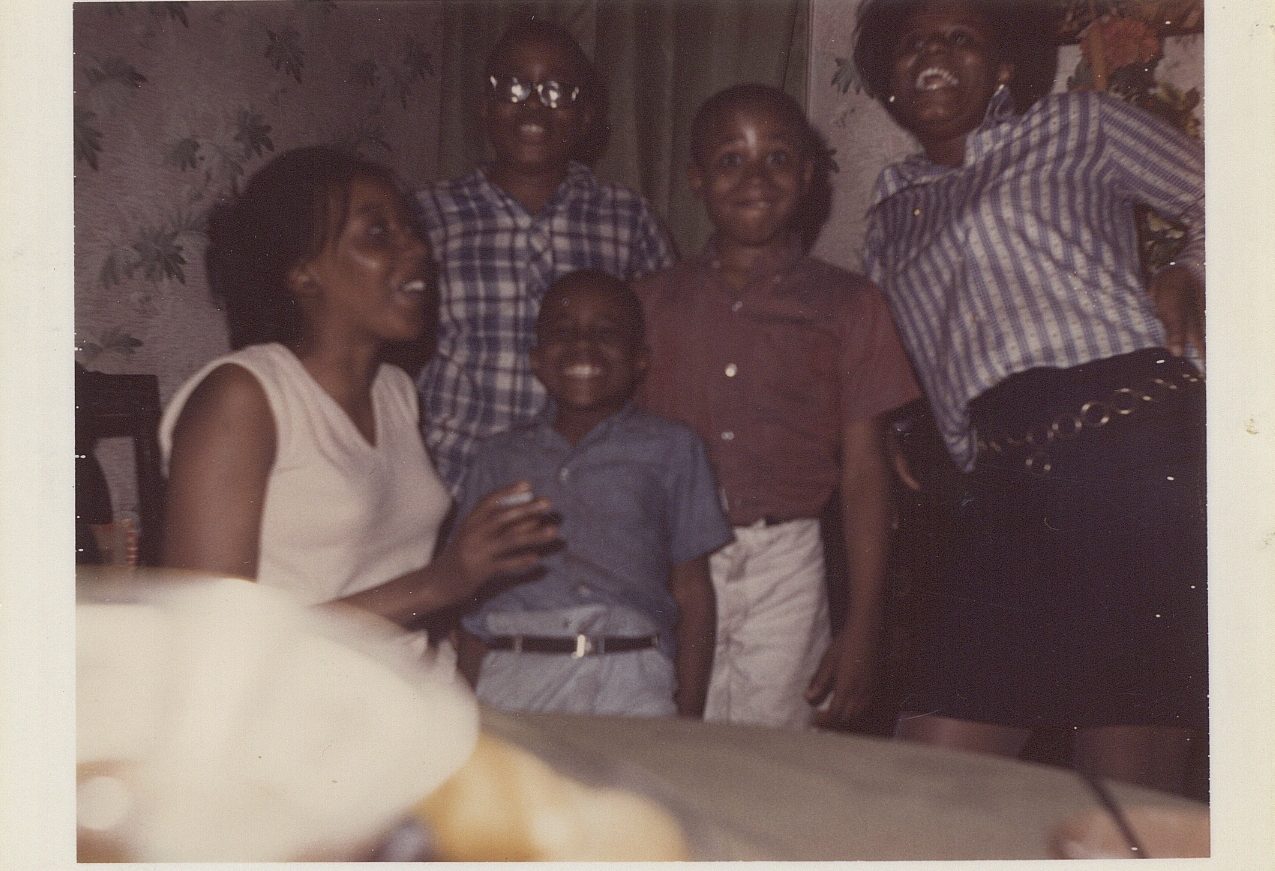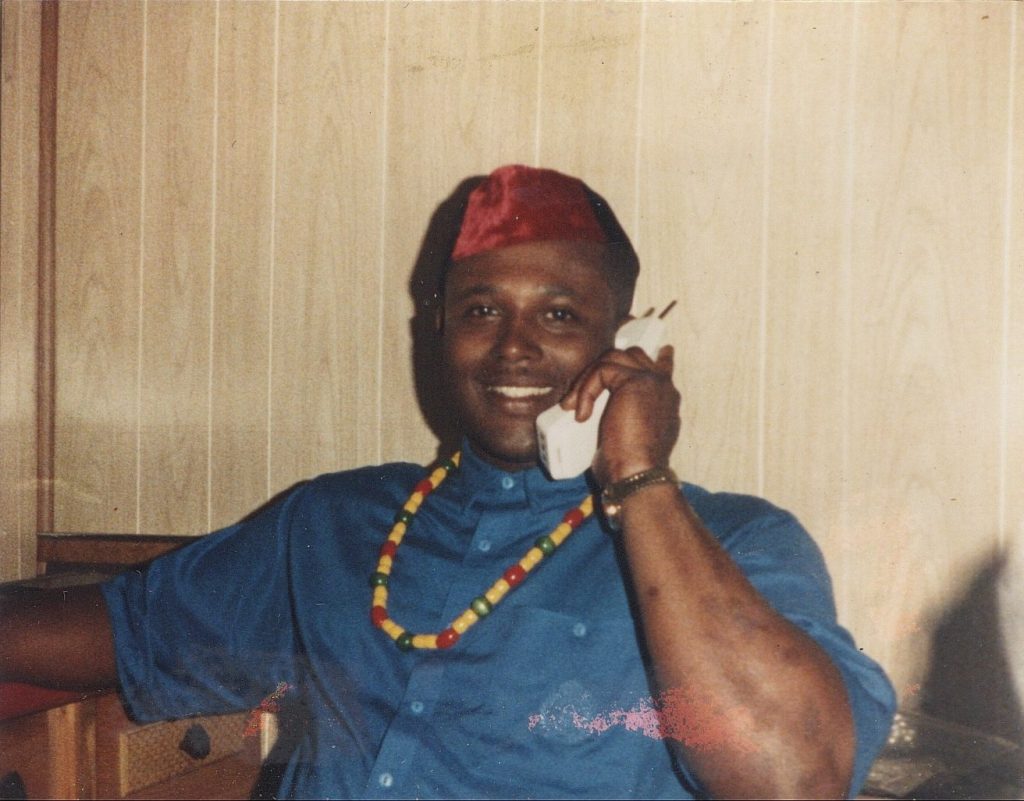
As a jury weighed whether to sentence him to death, Guy LeGrande stood before them wearing a Superman T-shirt and made a non-sensical speech that concluded with the declaration that they should “pull the damn switch and shake that groove thing.” A state psychiatrist had deemed him psychotic, yet the judge allowed him to fire his court-appointed lawyers and represent himself at trial. The jury deliberated for 53 minutes before condemning him to death.
Guy LeGrande, who has been on death row since 1996, is perhaps the most striking example of the lack of protections afforded to people with mental illness in North Carolina’s capital punishment system. Before his trial, a psychiatrist at a state mental facility examined Guy and found that he had “narcissistic, grandiose, and hypomanic traits” and prescribed anti-psychotic medication.
Guy stood accused of the 1993 contract killing of Ellen Munford, a white Stanly County woman whose estranged husband, Tommy Munford, promised to pay Guy $6,500 for the murder. Tommy Munford gave Guy a gun, dropped him off in the woods next to the home, and picked up his two children so his wife would be alone. Tommy Munford received a life sentence for plotting the murder.
During trial, Guy, who is African-American, became more and more agitated as three separate witnesses referred to him as a “n****r.” The Stanly County prosecutor trying his case was well-known for wearing a lapel pin in the shape of a noose, and distributing them to his staff as morale-boosters when they won death sentences. Guy made outrageous statements to the prosecutor and others, claiming, among other things, that Oprah Winfrey and Dan Rather were sending him messages over the television. He called the jurors “antichrists.”
Lawyers appointed to be on “standby” to assist Guy were so troubled by his bizarre behavior that they filed a motion arguing he was not competent to represent himself. When the judge asked Guy what he had to say, he tore the document in half. The judge then allowed the trial to proceed.
During the crucial penalty phase of the trial, Guy’s incoherent ramblings culminated in this antagonistic argument to the jury:
Hell ain’t deep enough for you people. But you remember when you arrive, say my name, Guy Tobias LeGrande. For I shall be waiting. And each and every one of you will be mine for all eternity. And we shall dance in my house. And you will worship me and proclaim me Lord and master. But for right now, all you so-called good folks can kiss my natural black ass in the showroom of Helig Meyers. Pull the damn switch and shake that groove thing.
Not only did Guy serve as his own lawyer at trial, the N.C. courts also allowed him to represent himself in post-conviction proceedings. He waived those appeals. In 2007, after more than a decade on death row, a Superior Court Judge finally declared Guy incompetent to be executed, requiring him to stay on death row until a time when he may be rendered competent and then executed. His lawyers’ requests for clemency have been ignored, and he remains on death row.

